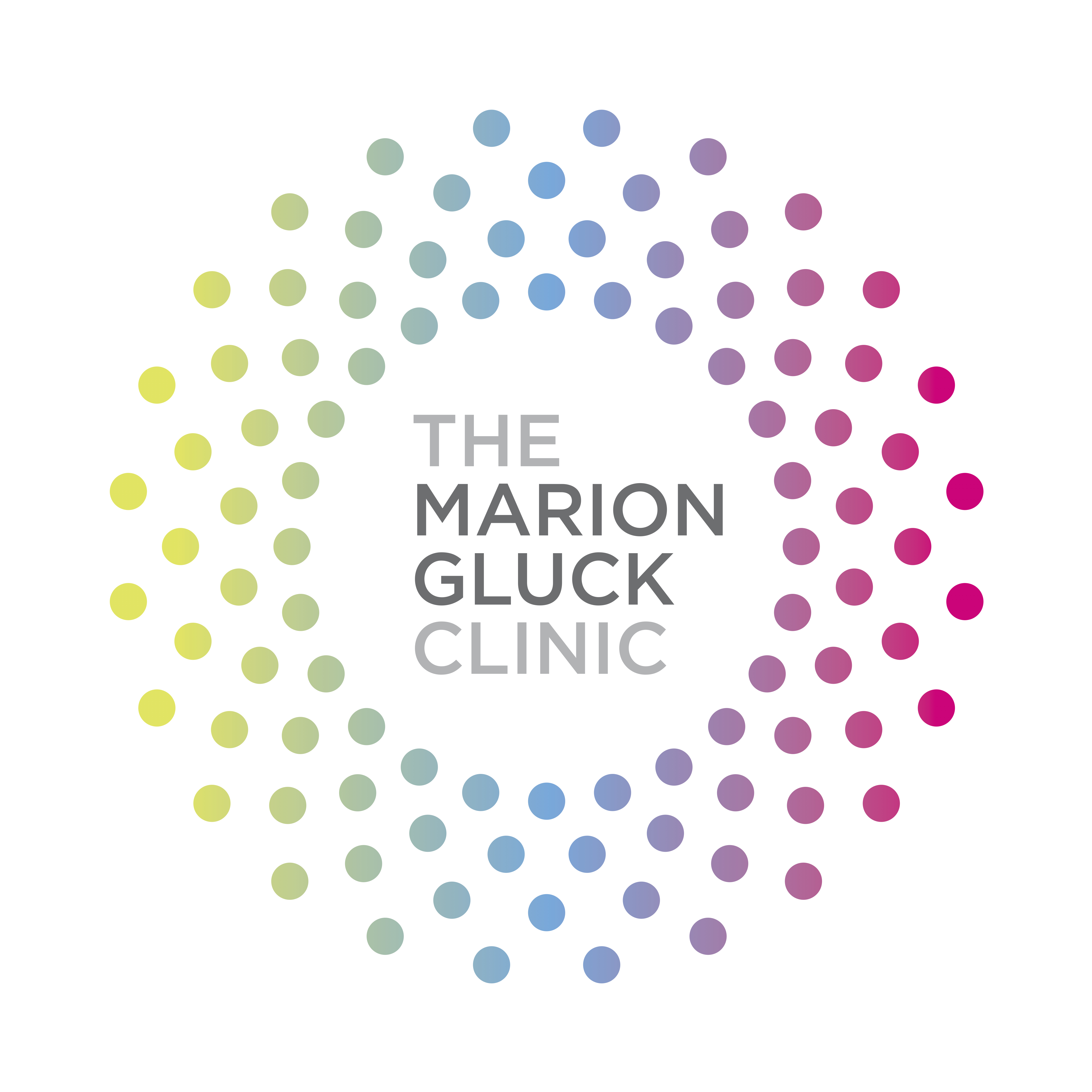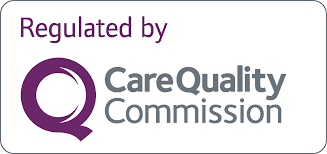PMS Vs Pregnancy Symptoms: How To Tell The Difference
Most women know about premenstrual syndrome (PMS) — either they’ve experienced it themselves, or they know someone who has. But did you know that the symptoms of PMS and pregnancy are actually quite similar?
If you’re confused about the difference between PMS and pregnancy symptoms (and how to tell them apart), the experts at Hormones and You have you covered.
In this article, we look at the symptoms of both PMS and pregnancy, the differences between the two and what you should do if you think you’re pregnant or when your PMS gets too much. Read on to get started.
What is PMS?
Here at Hormones and You, we know a thing or two about PMS. So what is PMS? For those not in the know, PMS refers to the variety of physical and emotional symptoms that women can experience at the end of their ovulation and before the arrival of their period.
We’ll go into the symptoms in depth later, but they can include anything from breast tenderness and muscle aches to mood swings and depression — and yes, it’s just as horrible as it sounds.
PMS vs pregnancy: shared symptoms
As PMS and pregnancy often cause significant hormonal, physical and emotional changes in the body, the symptoms between PMS and pregnancy often overlap. Here are a few examples of shared symptoms between PMS and pregnancy.
Breast pain and tenderness
PMS: During PMS, you may notice swelling and tenderness in the breast, typically during the second half of your cycle. It can be anything from mild tenderness to severe, and women of childbearing age may experience it more intensely. Your breasts may feel bumpy and heavy, and you might also experience slight pain too.
Pregnancy: during the early stages of pregnancy, your breasts may feel sensitive and tender, as well as heavier. This typically occurs 1–2 weeks after conception and may last for a prolonged period of time as your progesterone levels increase.
Changes in mood
PMS: many people find themselves to be more irritable during PMS. You might also find yourself feeling more tearful than usual, with increased feelings of tension and anxiety, although these symptoms often disappear once your period arrives (or a few days after).
Pregnancy: pregnant women often experience dramatic mood swings, ranging from excitability to periods of sadness and tearfulness.
If these symptoms of unhappiness occur for a prolonged period of time, it may be an indication of depression. If you are concerned you may be suffering from depression, speak to your GP.
Tiredness
PMS: we all feel tired from time to time, but feeling fatigued in the interval between ovulation and the start of your period may be a symptom of PMS. This typically stops when your period arrives, and exercise and enough sleep can help alleviate it.
Pregnancy: when you’re carrying a growing human being around inside you, it’s only natural that you might experience some fatigue. But higher levels of progesterone can also make you more tired, particularly in your first trimester.
Food cravings (and aversions)
PMS: if you have PMS, you might find yourself experiencing sudden cravings for certain foods, especially sugary or salty food. You may also find yourself with an increased appetite while you’re PMSing.
Pregnancy: if you’re pregnant, as well as having cravings for often unusual foods, you might also find yourself particularly averse to certain foods too. This can last throughout your pregnancy.
Cramps
PMS: cramps are another symptom of PMS. Also known as dysmenorrhea, they typically happen 24–48 hours before your period arrives, and will often disappear during your period.
Pregnancy: early on in your pregnancy, you might experience mild cramping. These will feel like period cramps, but will occur in your lower stomach or back.
PMS symptoms
While the symptoms of PMS and pregnancy overlap, there are some symptoms exclusive to PMS. Emotional or behavioural symptoms of PMS include:
Feeling overwhelmed by day-to-day life
Bouts of tearfulness
Wanting to avoid social situations
Feelings of anxiety or irritability
Poor concentration
Physical symptoms of PMS can include:
Greasier hair
Spotty skin
Increased appetite
Bloating
Headaches
You can read more about the symptoms of PMS in our ‘What is PMS?’ guide.
Early pregnancy symptoms
There are also a number of symptoms that are solely experienced by pregnant women.
Early pregnancy symptoms may include:
Spotting: light bleeding can be one of the first signs of pregnancy. This typically happens 10–14 days after you have conceived, usually lasting for one or two days, and lasts for less time than your usual period
Nausea: one of the most common and well-known symptoms of pregnancy, nausea typically appears a month after conception, and is often accompanied by vomiting
Increased urination: during pregnancy, your kidneys process more fluid, resulting in more frequent urination
These symptoms are more likely to indicate early pregnancy than PMS and an impending period.
Next steps: when to see a doctor
If you think you are pregnant — for instance, if you have missed a period — you should either take a home pregnancy test or consult your doctor.
If you think you’re pregnant but you’re not sure, a home test should be your first stop. These are readily available from most pharmacies or supermarkets, and can be easily taken at home.
However, if you are more certain that you’re pregnant, speak to your GP. They can conduct a pregnancy test at your local surgery, as well as provide further information about your next steps.
Treating PMS symptoms
There are plenty of simple and easy-to-access ways of treating and managing your PMS symptoms. These include:
Exercise: regular aerobic exercise is an effective way of relieving the poor concentration, depression and tiredness associated with PMS.
Eat healthily: avoid food high in sugar and salt, and cut down your caffeine intake, to help alleviate many symptoms of PMS.
Get plenty of sleep: sleep is your body’s way of repairing itself. Get a good eight hours of sleep a night to prevent some of the symptoms of PMS.
Hormonal treatment: an imbalance of oestrogen and progesterone can result in PMS. Our naturally formulated bioidentical PMS cream helps restore your body’s hormonal imbalances to normal levels to alleviate some of the worst symptoms of PMS, improving insomnia, protecting your cardiovascular system, and providing a calming anti-anxiety effect.
How our team can help
PMS is an unpleasant condition that can make your life considerably difficult. But with Hormones and You, you don’t need to just put up with PMS — get the help you need from us today.
Take our online assessment to discover how Hormones and You’s range of accessible, natural and personalised hormone solutions can help you.






